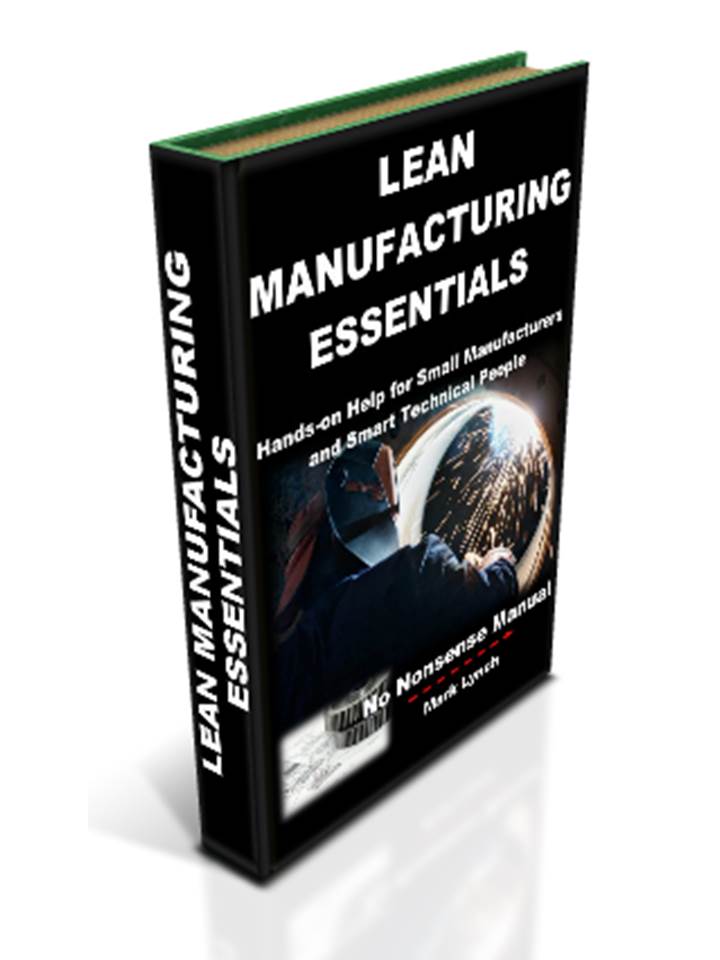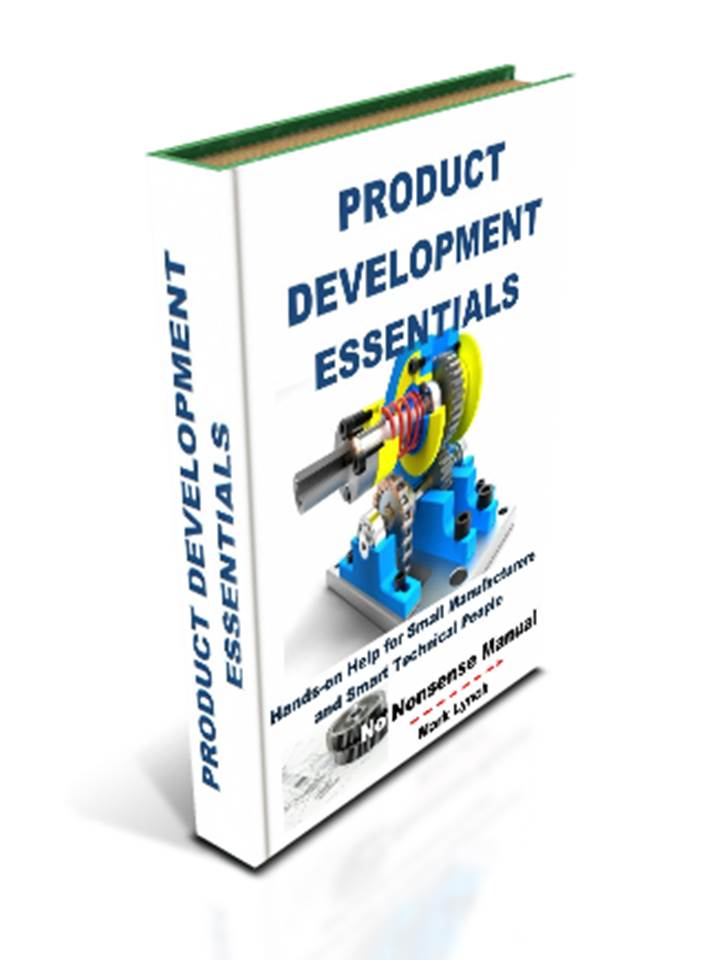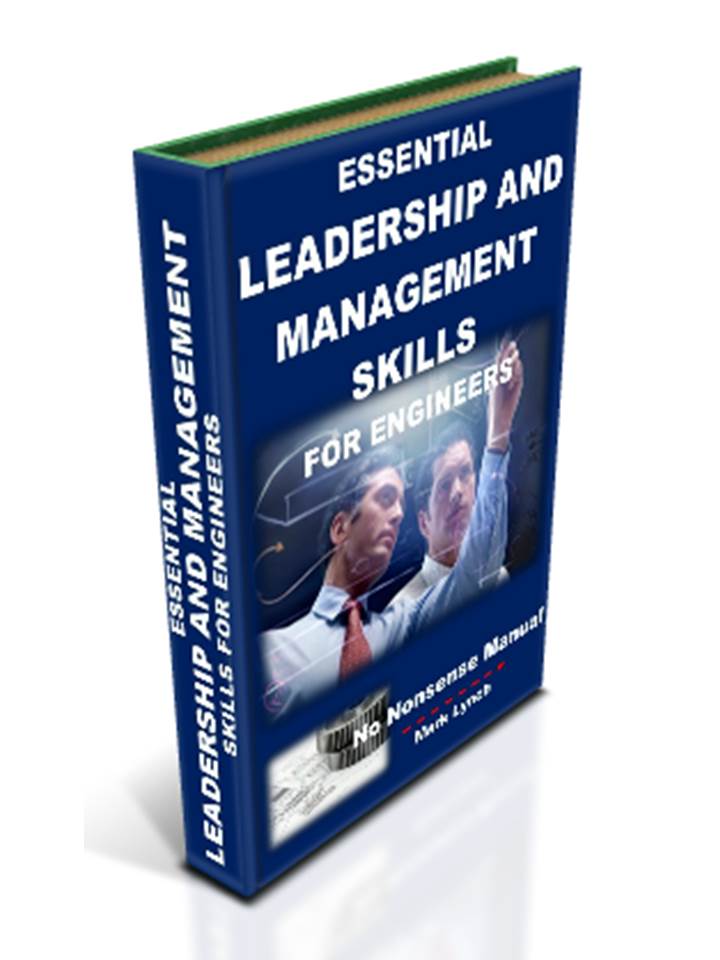'Hands-on Help for SMEs' and Smart Technical People'
Business Trends
for Your Job and Industry.
Plus On-line
Engineering Publications
and
Company
and Business Newsletters
Engineering Industry Business Trends
Engineering Industry Business Trends: For Your Job and Industry Sector
To enable you to plan for the future and structure your career development, become conscious of trends in your industry and for your job role. Start with your business. Has it got a documented strategy you can get hold of? Is there a future plan for maybe 3, 5 or 10 years? Why not have a chat with members of your senior management team and find out their plans? Are certain teams likely to be expanded or new ones formed?
In addition to the advice above, consider a light-touch SWOT (strengths, weaknesses, opportunities and threats) and PESTLE (political, economic, social, technology, legal and environmental) analysis of your job role (including skills and experience), your business and your industry sector.
The information from the analysis should assist you focus your professional development, as well make considered contributions about the future of your business in the context of your industry sector. Also see the Career Management section for a detailed explanation of how best to focus your professional development for the future. Topics covered include:
- Engineering Career Management – The Key Facts
- Vocational Training and Apprenticeships
- Qualifications Advice
- Professional Engineering Institutions
- Engineering Publications and Media
- Career Planner
- Skills Identification System - Building Skills for Engineering Teams and Businesses
Engineering Industry Business Trends
On-line Engineering Publications
These are freely available and delivered by email for convenience. Many are on-line versions of reputable engineering magazines. Good industrial journalism brings you manufacturing and engineering stories from different industry sectors. See how engineers and companies are solving problems and applying processes for commercial success. Discover what the state-of-the-art is in different sectors of manufacturing industry. Are there any lessons you can learn? Look out for how the best performing organisations involve their staff, train individuals and are commercially aware.
Many editions feature engineers and industry professionals. Read about their careers and often the passion they share about their roles and manufacturing industry more generally. Is there any inspiration you or your colleagues could take from this? What were their career paths?
Adverts often yield interesting new products and services. Use the speed of the web to check these out and forward them to other colleagues who may be interested (particularly those in training or wrestling with technical problems) Save interesting features on your PC or network.
Take a look at the jobs section to discover what roles and skills are in demand. What types of jobs are out there and what skills and experience do they specifically ask for? What are the current wage levels? What about other aspects of the package such as pension and other items? Are permanent and contract jobs on offer? For the later what sort of duration and hourly rate is typical? When looking at jobs bear in mind equivalents to your own. How does your job compare in terms of skills, experience and qualifications required?
Likewise how does your current role measure up on training, professional development and opportunities for progression? What about the next job up? Is the pay what you would expect? What additional skills and experience are required? Are they in your development plan?
You can add a handful of relevant titles to your ‘favourites’ on your search engine. Also subscribe to a small number of industry and trade publications to get a broad overview of manufacturing industry, particularly your sector. Saving and searching for relevant articles certainly beats flicking through piles of engineering magazines on the corner of your desk.
In addition to the above, see the section on Engineering and Technology Publications to get organised and get the most out of both online and offline technical journals.
Company and Business Newsletters
These are an invaluable source of what’s going on at your firm. Who are the movers and shakers? Can you put names to faces? Try and make the time to read these. Online versions are quick and convenient to search through. If not cover to cover, skim through the contents and zone in on a few features of interest. If there is a request for feedback or comment, post a question or two.
5-10 minutes spent here will give you vital info for meetings, discussions and for keeping current. During conversations and for written reports, cross-reference your work with related activities in the wider organisation. Demonstrate you think laterally and are ‘joined up’ with events and people. Bring up topics of interests at breaks with colleagues. Use the information to ask senior managers questions.
For businesses owned by parent companies, what features relate to your firm? What opportunities exist elsewhere? Are there any statistics or facts that could help you justify ideas or projects in your role? Online newsletters can be conveniently and quickly saved and searched for reference at a later date.
Back to Business and Industry Essentials











